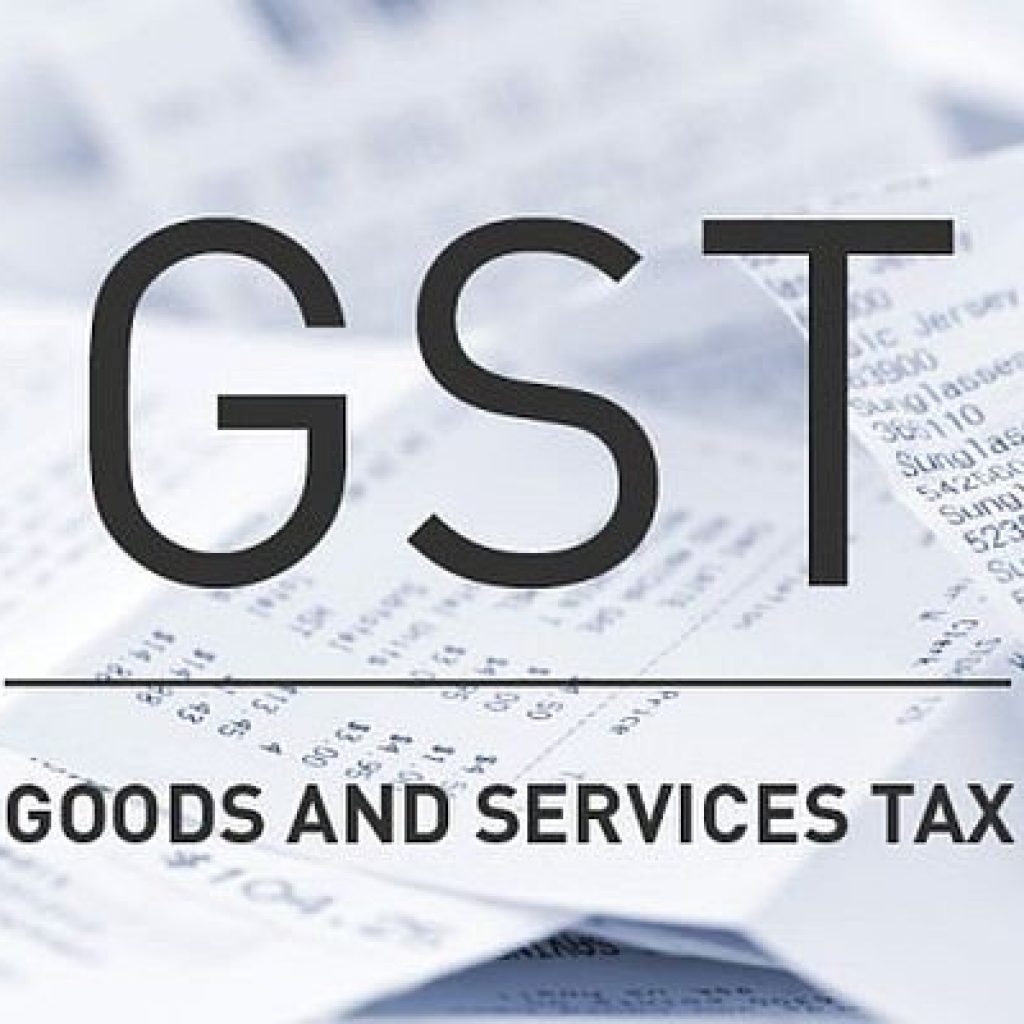
Goods & Services Tax (GST) is a consolidated, consumption based tax which will be levied on the supply of goods and services at a national level. It will combine major taxes like excise duty, CST, octroi, service tax, and VAT (value added tax) etc. into a single tax called GST, which will come into effect starting July 1st, 2017. Here are some of the ways startups and other common businesses will be impacted by GST-
- Small traders with an annual turnover of up to Rs. 20 lakh won’t be required to register the new GST Act, and with the north-east States, the exemption threshold is Rs.10 lakh. This would save many small scale traders and service providers from undertaking GST agreements and reduce a substantial weight off the shoulders of tax authorities.
- The GST intends to lower the tax exemption limit for manufacturing units. Under the current excise laws, a manufacturer with a turnover of less than Rs. 1.50 crores doesn’t have to pay duty. GST intends to bring down the exemption limit to Rs. 25 lakh. A large number of MSMEs and startups will come under the tax net and will end up paying a large amount of their profits towards tax. This is why retail startups, MSMES and small scale manufacturers will face challenges in the initial phases.
- From 25 to 75 lakhs of turnover, there are a few variations of contrast between B2B and B2C companies. For example, for B2B companies, there are more compliances and invoice wise billing is mandatory. This would be an obvious advantage for B2C companies after the GST is operational.
- 37 returns of goods and services have to be filed every year as compared to the current 13. GST Suvidha Providers (GSP) will help taxpayer and businesses in compliance. Only IT/ financial companies with paid up capital of at least 5 crores, turnover of 10 crores during the last three years are eligible to become a GSP. However, others can provide services through NSDL or other qualified service providers. This would lead to many job opportunities for people working In IT or finance industry.
- GST will not only ensure a tax reform, but a technological and a habit reform. There will be a discontinuation of hard copy filings and all file returns will be digital. This would be a step towards a more technologically advanced India, but problems may be faced in the form of reluctance to adopt and change.
- There is a great opportunity for billing and purchasing software providers and startups that deal with micro ERP. Leading providers are planning to invest huge amounts of money to tap into the business potential of GST as after its implementation, companies would need to upgrade or modify their accounting or taxation softwares.
- There is a need for strong methods of education and awareness about GST and startups can play a disruptive role in doing so. GST is supposed to revolutionize how we do our taxes and knowledge needs to be passed on. Startups can run campaigns and advertisements to create discussions and address queries. This way not only will they generate trust and popularity, but also educate the masses.
